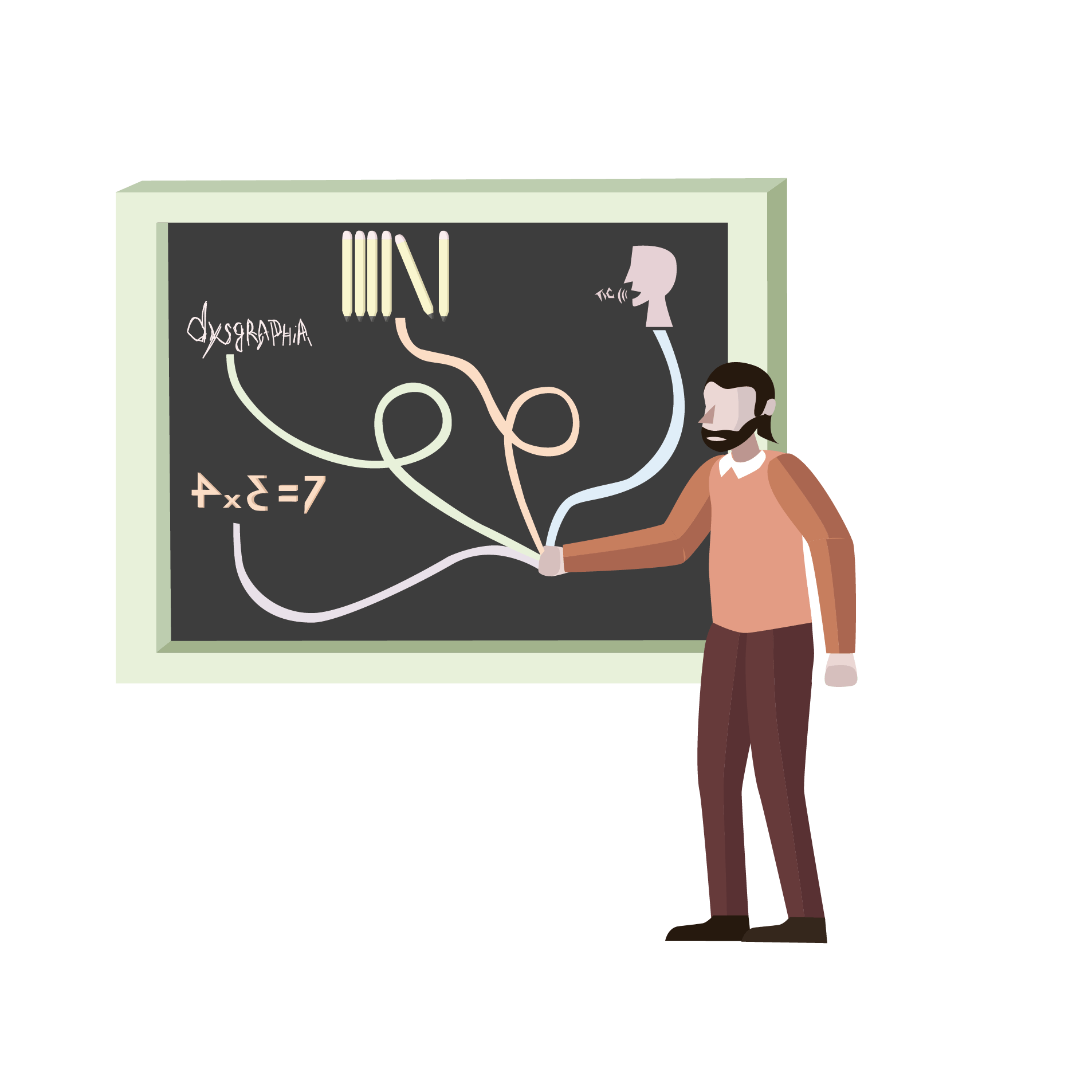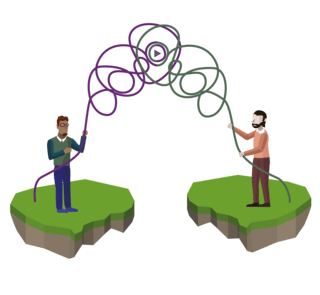Other types of neurodivergence...
Dyscalculia
Developmental Dyscalculia (DD) is a specific learning disorder that is characterised by impairments in learning basic arithmetic facts, processing numbers and performing accurate and fluent calculations.Find out if you share Dyscalculia characteristics:
Dyscalculia Test
Dysgraphia
Dysgraphia is a specific learning disability that affects written expression. Dysgraphia can appear as difficulties with spelling, poor handwriting and trouble putting thoughts on paper. Dysgraphia can be a language based, and/or non-language based disorder dsf.net.au.Find out if you share Dysgraphia characteristics:
Dysgraphia Test
Meares-Irlen Syndrome
Irlen Syndrome (also referred to at times as Meares-Irlen Syndrome, Scotopic Sensitivity Syndrome, and Visual Stress) is a perceptual processing disorder. It is not an optical problem. It is a problem with the brain’s ability to process visual information.Find out if you share Irlen Syndrome characteristics:
Irlen Syndrome Test
Hyperlexia
Hyperlexia is a syndrome observed in people who demonstrate the following cluster of characteristics: A precocious, self-taught ability to read words which appears before age 5, and/or an intense fascination with letters, numbers. logos, maps or visual patterns.Find out if you share Hyperlexia characteristics:
Hyperlexia Test
Tourette's Syndrome
Tourette's Syndrome is an inherited, neurological condition, the key features of which are tics, involuntary and uncontrollable sounds and movements. This is a complex condition and a large amount of people with the condition may also experience other disorders or conditions, such as anxiety.Find out if you share Tourette's Syndrome characteristics:
Tourette's Syndrome Test
Obsessive Compulsive Disorder (OCD)
Obsessive compulsive disorder (OCD) is a common mental health condition where a person has obsessive thoughts and compulsive behaviours.Find out if you share OCD characteristics:
OCD Test
Synesthesia
Synesthesia is a condition in which one sense (for example, hearing) is simultaneously perceived as if by one or more additional senses such as sight. Another form of synesthesia joins objects such as letters, shapes, numbers or people's names with a sensory perception such as smell, colour or flavour.Find out if you share Synesthesia characteristics:
Synesthesia Test
Related...
Anxiety
Anxiety is a feeling of unease, such as worry or fear, that can be mild or severe. Everyone has feelings of anxiety at some point in their life. For example, you may feel worried and anxious about sitting an exam, or having a medical test or job interview. (NHS)Find out if you show signs of Anxiety Disorder:
Anxiety Test



